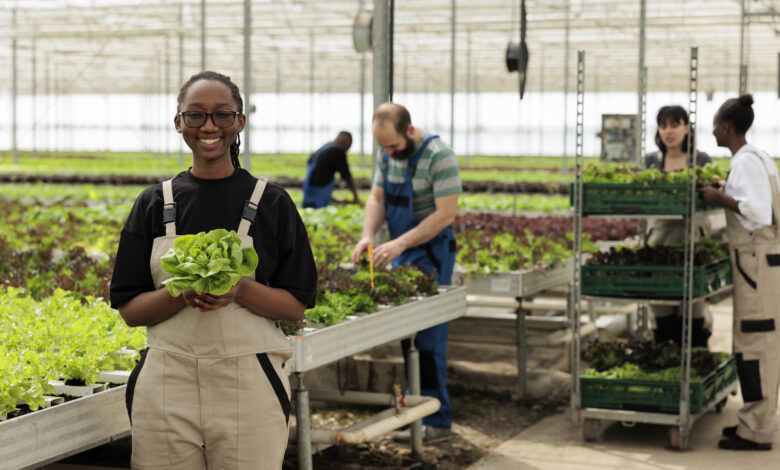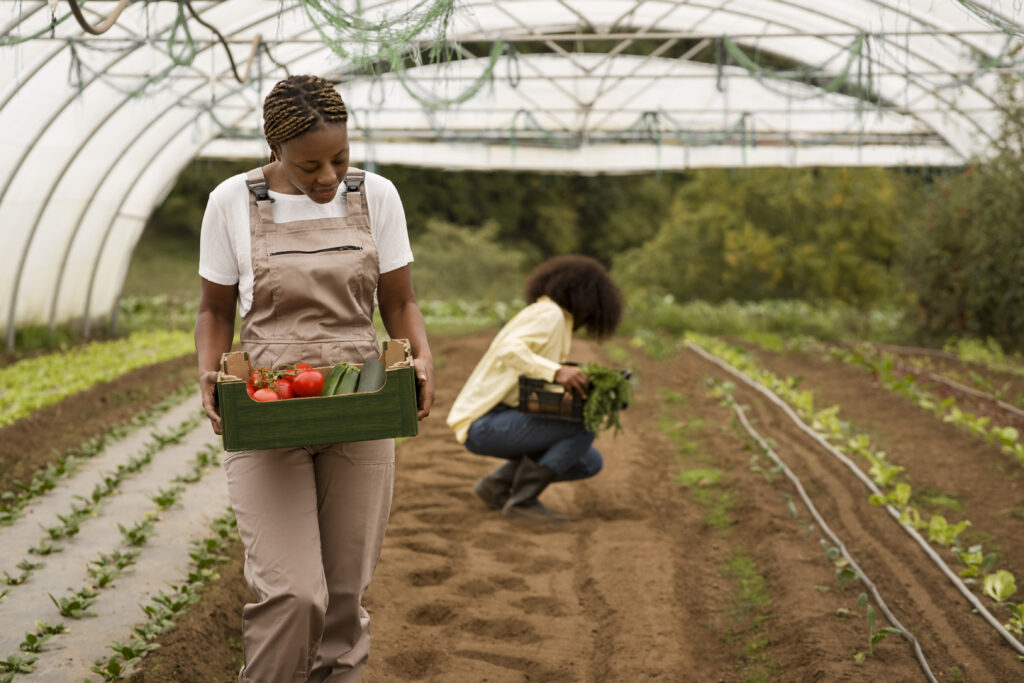
A Pathway to Agricultural Skills and Employment in South Africa
In today’s dynamic economy, agriculture continues to play a vital role in food security, job creation, and rural development. For young South Africans seeking practical experience and formal training in agriculture, farming learnerships offer a unique opportunity to gain relevant skills, certifications, and work readiness in this essential sector.

What Is a Farming Learnership?
A learnership is a structured training programme that combines theoretical learning with on-the-job practical experience. In the case of a farming learnership, the programme is specifically designed to equip learners with agricultural knowledge and farming skills across various sectors such as:
- Crop production
- Animal husbandry
- Agro-processing
- Agricultural machinery
- Horticulture
- Sustainable farming practices
These learnerships are generally registered with the South African Qualifications Authority (SAQA) and are aligned with the National Qualifications Framework (NQF), allowing learners to obtain formal qualifications.
Why Farming Learnerships Matter
1. Bridging the Skills Gap
South Africa faces a shortage of skilled workers in agriculture. Farming learnerships address this gap by developing practical competencies that align with the needs of modern agriculture.
2. Empowering Rural Youth
Learnerships are especially crucial for youth in rural areas who may lack access to tertiary education. They provide a stepping stone to employment or entrepreneurship in agriculture.
3. Supporting Economic Development
Agriculture contributes significantly to the GDP and employs millions. Learnerships support economic development by increasing productivity, sustainability, and innovation in farming practices.
Benefits of Enrolling in a Farming Learnership
Participating in a farming learnership offers multiple benefits:
✅ Nationally Recognized Qualification
Learners earn accredited qualifications upon completion, such as NQF Level 1–5 in agriculture, which are recognized by employers across South Africa.
✅ Monthly Stipend
Many learnerships offer a monthly stipend, making it financially accessible for unemployed youth.
✅ Practical Work Experience
Hands-on training on farms, agricultural organizations, or co-operatives provides real-world experience crucial for future employment.
✅ Job Placement Opportunities
Employers often recruit learners directly after programme completion, especially if they demonstrate dedication and competence.
✅ Personal Development
Beyond technical skills, learners develop soft skills like teamwork, responsibility, and problem-solving—key attributes in any career.
Types of Farming Learnerships Available
The agricultural sector is diverse, offering learnerships in various subfields. Common types include:
1. Animal Production Learnerships
Focuses on animal husbandry, feeding, breeding, health, and farm animal care.
2. Plant Production Learnerships
Involves crop cultivation, soil management, irrigation, and pest control.
3. Mixed Farming Systems
Combines both plant and animal production, preparing learners for versatile farm roles.
4. Agri-processing Learnerships
Covers the transformation of raw agricultural materials into value-added products like packaged food or bio-products.
5. Agricultural Equipment and Mechanization
Trains learners in the operation and maintenance of farming machinery and tools.
Eligibility Requirements for Farming Learnerships
While each programme may have unique requirements, general eligibility includes:
- South African citizenship
- Age 18–35 years old
- Grade 9, 10, 11, or Matric certificate (depending on the NQF level)
- Unemployed and not studying full-time
- Interest in farming or agricultural studies
- Willingness to commit to full-time participation (12–24 months)
Some programmes prioritize youth from disadvantaged backgrounds, including rural communities, women, and people with disabilities.
How to Apply for a Farming Learnership
✅ Step 1: Research Available Programmes
Opportunities are often posted on:
- Government websites (e.g., Department of Agriculture, Rural Development and Land Reform)
- SETAs such as AgriSETA or FoodBev SETA
- Agricultural colleges
- Farm employers or cooperatives
- Job portals (e.g., Indeed, Careers24)
✅ Step 2: Prepare Required Documents
Most applications require:
- Certified copy of ID
- Certified copy of your highest qualification (Matric or Grade 10/11)
- Updated CV
- Proof of residence
- Motivational letter or application form
✅ Step 3: Submit Your Application
Follow the specific instructions provided in the job posting or advert. Submit applications before the closing date, and ensure all documents are correctly certified.
✅ Step 4: Attend Interviews or Assessments
Shortlisted candidates may be invited for interviews, aptitude tests, or medical assessments, depending on the programme.
Top Institutions Offering Farming Learnerships in South Africa
Several reputable institutions and organizations provide accredited learnerships in agriculture:
🌿 AgriSETA (Agricultural Sector Education and Training Authority)
AgriSETA funds and oversees agricultural learnerships countrywide. Visit www.agriseta.co.za for current opportunities.
🌿 Department of Agriculture, Land Reform and Rural Development
Through partnerships with farms and colleges, the department offers skills development and youth empowerment projects.
🌿 Agricultural Colleges
Public institutions like Cedara College, Elsenburg Agricultural Training Institute, and Fort Cox College frequently offer formal farming learnerships.
🌿 Private Farms and Agri-businesses
Large employers such as Clover, Pioneer Foods, and ZZ2 also provide in-house training programmes and learnerships.
Success Stories: Real-Life Impact of Learnerships
💬 Sipho from Limpopo:
“Before my learnership, I had no direction. I joined a plant production programme through AgriSETA. After qualifying, I was employed full-time on the same farm and now support my family.”
💬 Nomvula from Eastern Cape:
“My dream was to become a poultry farmer. Through a learnership, I gained the knowledge and started a small chicken project at home. Today I supply eggs to local shops.”
Tips for Succeeding in a Farming Learnership
To maximize your learnership experience:
- Arrive on time and treat it like a job.
- Be proactive—ask questions and seek mentorship.
- Record your learning in a journal or portfolio.
- Network with fellow learners and industry professionals.
- Commit to completing both the theory and practical components.
These habits will help you stand out and increase your chances of permanent employment or starting your own farming venture.
Challenges in Learnerships and How to Overcome Them
❌ Transportation and Location
Many learnerships are in rural areas. Plan in advance for accommodation and transport.
❌ Financial Limitations
While stipends help, they may not cover all your needs. Budget wisely during the programme.
❌ Academic Pressure
Balancing theory and practical learning can be demanding. Seek support from facilitators or fellow learners when needed.
How Farming Learnerships Support South Africa’s Future
As climate change, food insecurity, and unemployment affect the country, investing in agricultural education is vital. Farming learnerships are not just about jobs—they empower individuals to become:
- Agri-entrepreneurs
- Food producers
- Environmental stewards
- Community leaders
Government, NGOs, and private partners must continue expanding access to these programmes for long-term sustainability and growth.